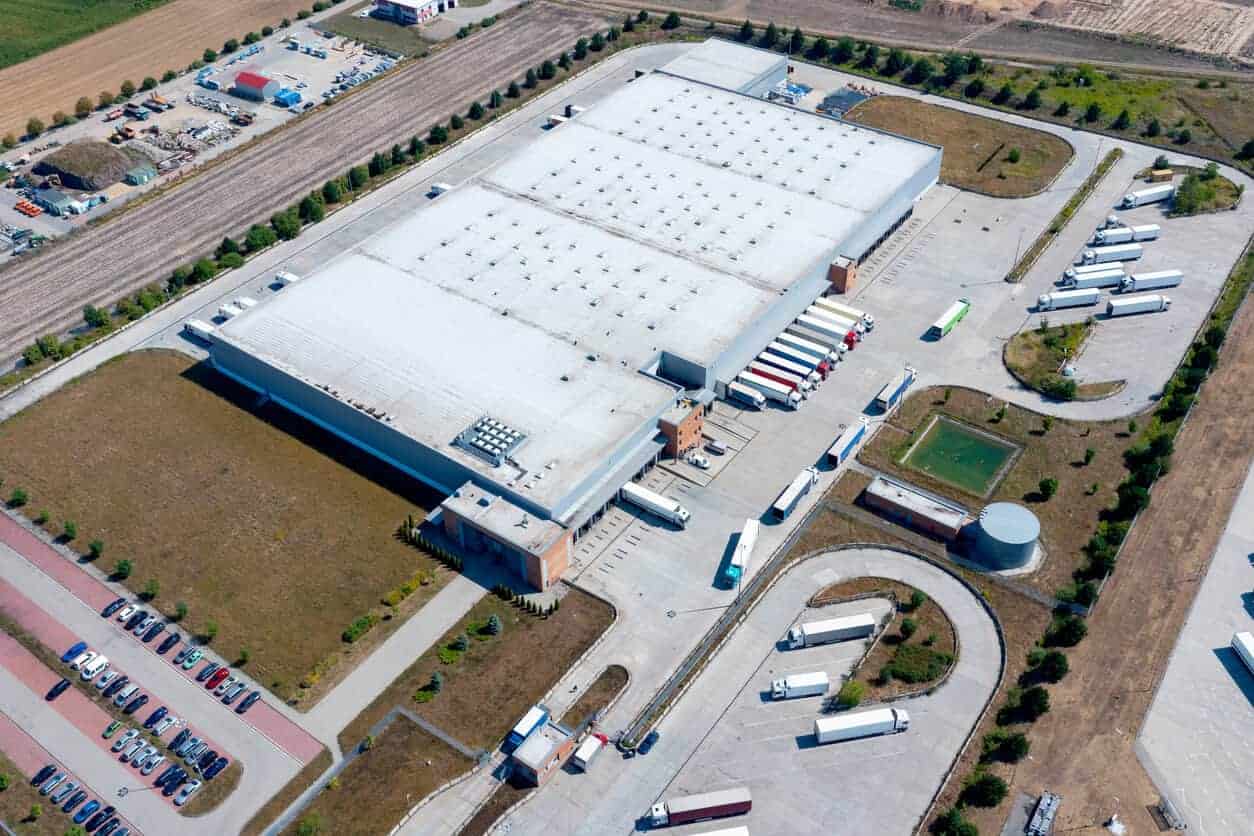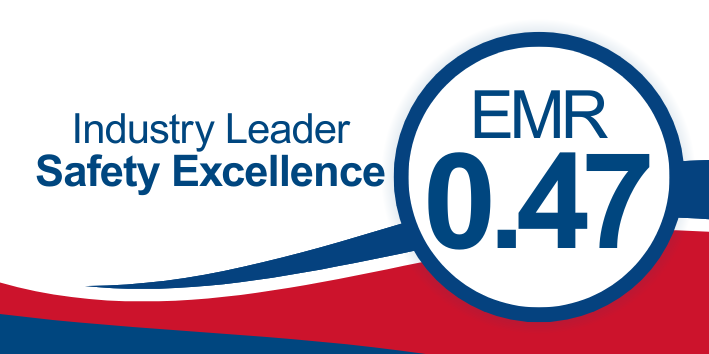Cool roofing technologies offer several benefits for commercial buildings, especially regarding their energy use, efficiency, and sustainability. Here are some key points about cool roofing technologies and their implementation for commercial use.
Cool roofing for commercial buildings was initially driven by efforts to combat urban heat islands and reduce energy consumption. The concept gained momentum in the 1990s with the development of reflective roofing materials and coatings designed to minimize solar heat absorption. These technologies evolved rapidly in response to growing environmental concerns and the need for sustainable building practices.
By the early 2000s, cool roofing had become a recognized strategy for improving energy efficiency, enhancing occupant comfort, and mitigating environmental impacts in commercial building construction. Today, cool roofing continues to advance with innovations in materials, coatings, and design strategies, playing a crucial role in sustainable building initiatives worldwide. Let’s learn more about some of the benefits of cool roofs – and (briefly) how cool roofs are implemented.
Summary of Benefits of Cool Roofing Systems
- Energy efficiency
- Environmental impact
- Extended roof lifespan
- Regulatory compliance
Benefits of Cool Roof Technologies
Here are some benefits of cool roof technologies on low-sloped roofs.
Energy efficiency
While a conventional roof will typically absorb heat, cool roofs reflect sunlight and absorb less heat, reducing the need for air conditioning and lowering energy costs. By reducing heat absorption, cool roofs can help improve indoor comfort, especially during hot weather.
Environmental impact
Cool roofs reduce the urban heat island effect, improving air quality and mitigating climate change impacts.
Extended roof lifespan
The reduced heat absorption can also prolong the roof surface life by reducing thermal stress and degradation.
Regulatory compliance
If increased energy efficiency and extended roof service life aren’t enough, it’s also important to note that many jurisdictions offer incentives or have cool roof requirements to meet energy (insulation requirements) efficiency and environmental standards.
Implementation of Cool Roofing Technologies for Commercial Use
The implementation of high solar reflectance strategies is complex, and various roof types and strategies can be implemented to reduce a roof’s surface temperature. Here are a few basic strategies that building owners and property managers need to be aware of.
Reflective roof coatings
Applying reflective coatings to existing roofs can enhance their heat-reflective properties, improving energy efficiency.
Cool roofing materials
Installing cool roofing materials such as reflective membranes, tiles, or metal panels can directly reduce heat absorption and improve energy performance.
Green roofs
Green roofs incorporate vegetation, which provides natural insulation and cooling effects, contributing to energy savings and environmental benefits.
Solar Reflective Index (SRI) consideration
When selecting cool roofing products, consider their Solar Reflective Index (SRI) rating, which indicates their ability to reflect sunlight and reduce heat absorption.
Integration with energy-efficient systems
Combine cool roofing technologies with other energy-efficient systems such as insulation, ventilation, and HVAC upgrades for comprehensive energy savings.
Do you need a cool roof partner to ensure you comply with regulations or to offer ideas for best practices? Nations Roof will help you save energy by installing, regularly maintaining, and monitoring cool roofing systems. Would you like more details on any specific aspect of cool roofing technologies or their implementation? Contact a Nations Roof representative or learn more from the Cool Roof Rating Council website.


